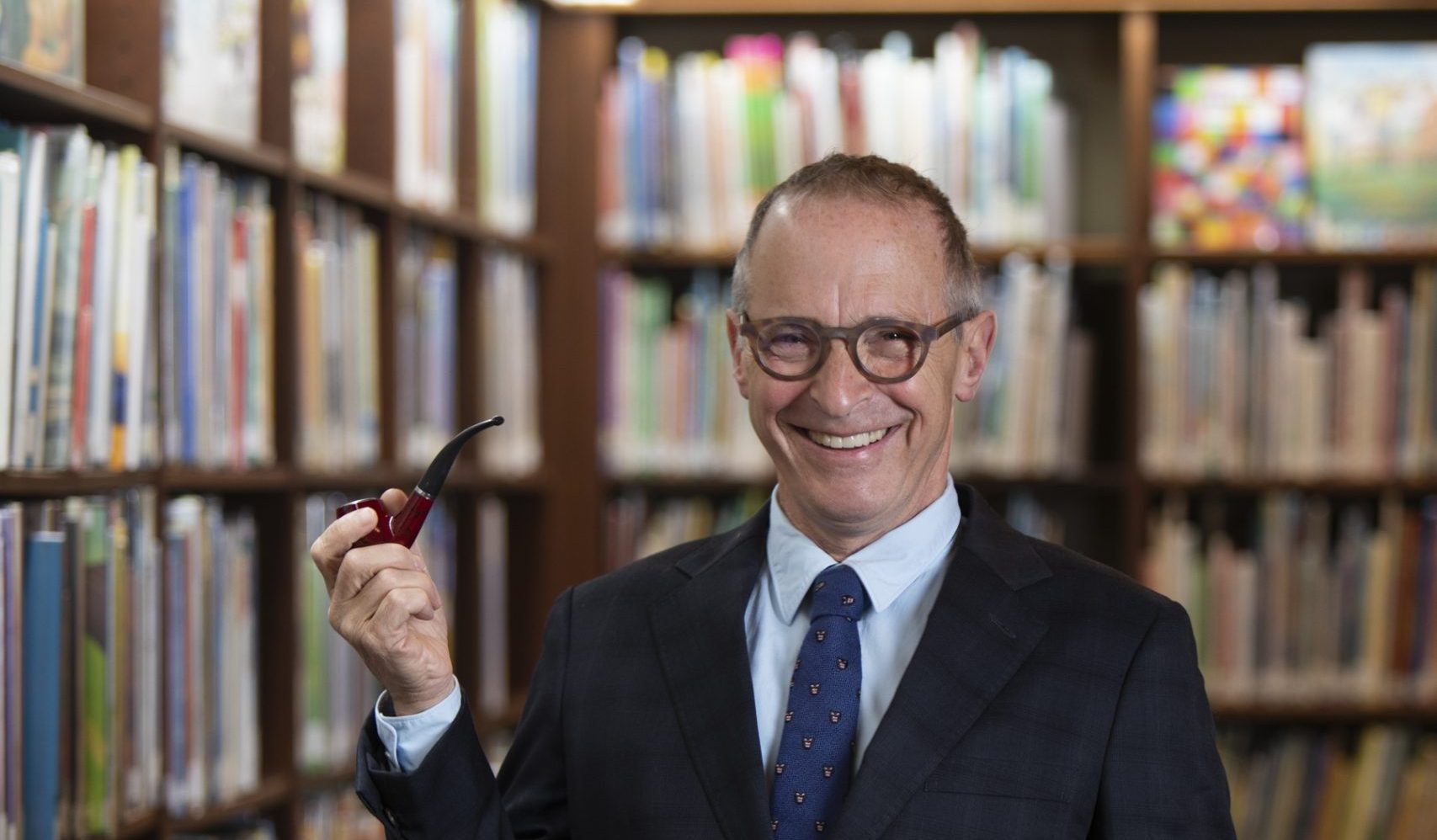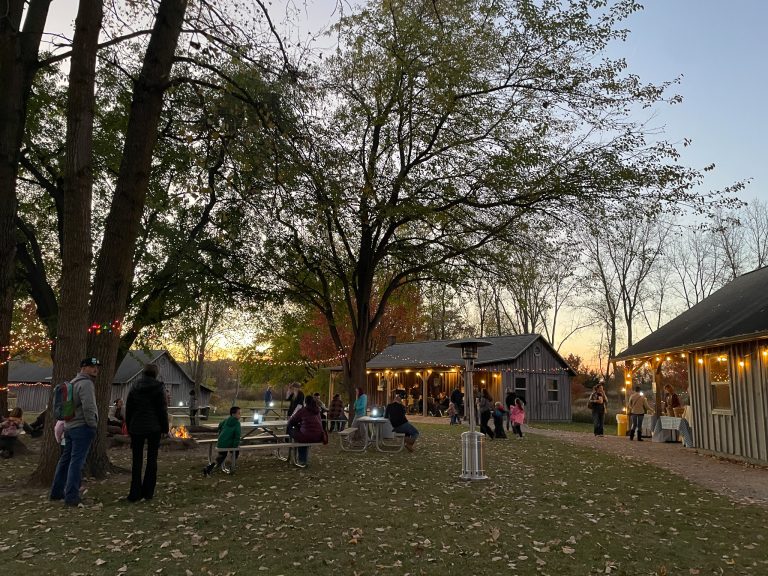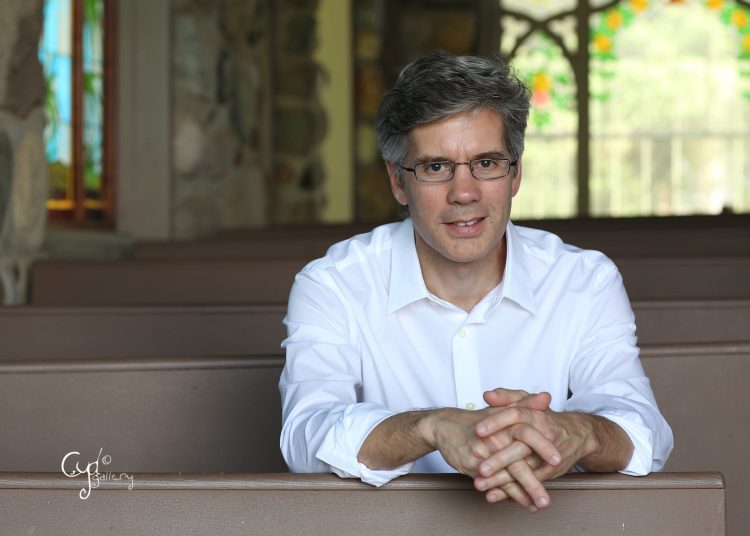
Events
How Amputee Soccer in the Philippines Inspires Athletes and Communities
-
2025-10-30 01:10
I still remember the first time I watched an amputee soccer match here in Manila - the sheer energy on that field completely defied all my expectations about disability sports. The way these athletes moved with crutches, balancing on one leg while controlling the ball with breathtaking precision, made me realize I was witnessing something truly special. This sport isn't just about competition; it's about rewriting what's possible for people with limb differences in our country.
What really struck me during my conversations with players was how the sport creates these incredible mentorship pipelines. Take Baron and Fajardo, two athletes who've become local legends in our community. They often speak with this profound sense of indebtedness about how their coach, RDJ, transformed them from college players into champion-caliber professionals. I've watched them play multiple times, and there's this distinctive style they share - this strategic patience combined with explosive movements that clearly came from the same training philosophy. RDJ didn't just teach them techniques; he built their entire approach to the game from the ground up. Now here's what I find most beautiful - they're paying that forward by coaching the next generation. We're seeing this coaching tree develop that reminds me of those traditional Filipino mentorship values, just translated onto the football pitch.
The community impact extends far beyond the field though. In the three years I've been following the sport, I've seen amputee soccer teams visit over 15 schools across Luzon, reaching approximately 2,000 students with their inspirational talks and demonstrations. These aren't just token appearances - the players spend real time with these kids, showing them that physical differences don't define your capabilities. I've personally seen children's perspectives shift during these interactions. There was this one boy in Quezon City who told me he'd never thought someone with one leg could be an athlete until he met the team - that's the kind of mindset change that stays with people for life.
What many people don't realize is how strategically the sport has been growing. From just 4 teams in 2018, we now have 12 competitive teams across the Philippines, with about 180 registered players. The national federation has been smart about building partnerships with rehabilitation centers, creating this natural pathway from amputation recovery to sports participation. I've spoken with doctors who confirm that patients involved in amputee soccer show 40% better psychological adjustment outcomes - though I should note that's based on preliminary data from one study I came across.
The economic aspect fascinates me too. These athletes aren't playing for huge contracts - most maintain day jobs while competing. But the sponsorship landscape is slowly changing. Last year, I noticed three major Filipino brands signing sponsorship deals with teams, something that was unheard of five years ago. The community support has been incredible to witness - local businesses hosting fundraisers, neighborhoods organizing viewing parties for international matches. There's this grassroots energy that reminds me of how basketball took root here decades ago.
Having followed various adaptive sports in Southeast Asia, I genuinely believe amputee soccer has the most untapped potential in our region. The way it combines the world's most popular sport with profound social messaging creates this powerful dual impact. Every time I leave a match, I'm struck by how these athletes aren't just playing for trophies - they're challenging deep-seated societal perceptions about disability, one game at a time. Their legacy isn't just in the championships they win, but in the minds they change and the barriers they dismantle through sheer determination and skill.
-
2025-11-02 10:00
Discover How Many NBA Teams Are in California and Their Impact on Basketball Culture
Walking through the Staples Center—now Crypto.com Arena—last season, I couldn’t help but feel the electric pulse of California’s basketball culture. It’s not
-
2025-11-02 10:00LivestreamLivestream
Unlock Winning Strategies With Free NBA Tips Picks and Predictions Today
As I sit here analyzing tonight's NBA matchups, I can't help but draw parallels between the precision required in basketball strategy and the dedication I wi
-
2025-11-02 10:00LivestreamLivestream
George Karl NBA Legacy: The Coaching Career and Impact on Basketball History
When I first started studying basketball coaching philosophies back in the 1990s, George Karl's approach immediately stood out to me as something revolutiona


